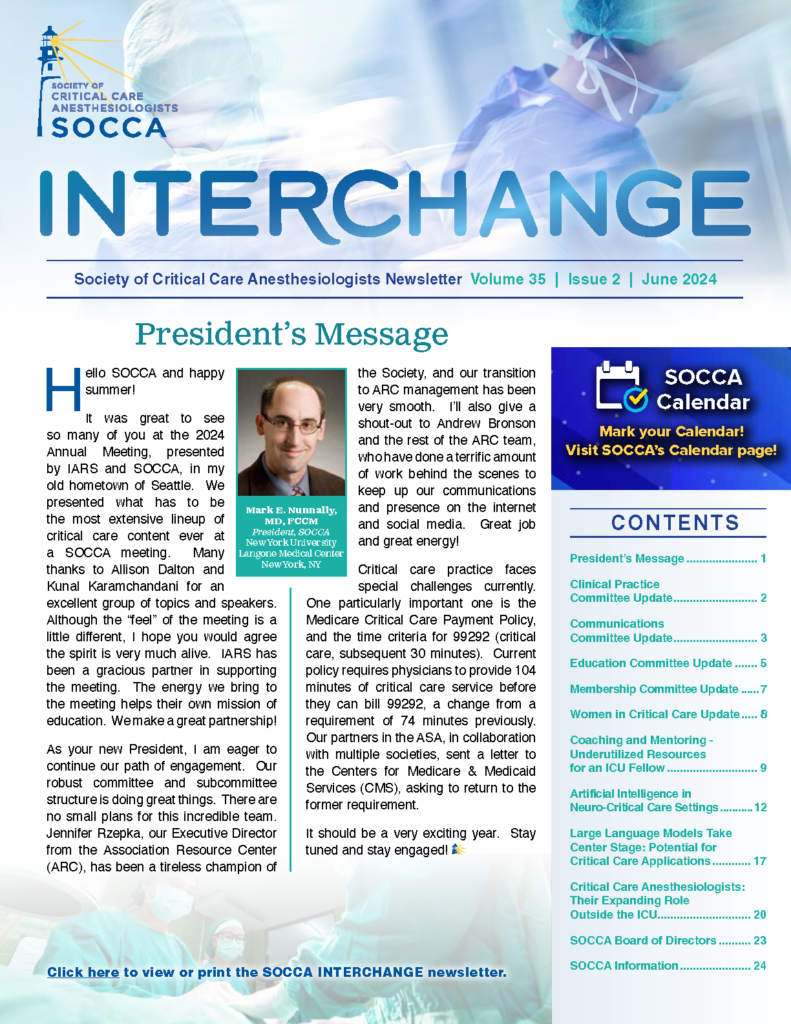Watching a Parent Die on Facetime
She was breathing laboriously and had all but lost consciousness. In the subcutaneous tissues of her right arm, a syringe pump was delivering morphine and midazolam to help her breathe more easily and prevent the seizures she had been having earlier. Her right cheek still twitched periodically. She was in her daughter’s home surrounded by her grandsons and daughter. Just yesterday she had opened her eyes and smiled at her loved ones, tracking their movements. But she had stopped eating or drinking almost ten days earlier and stopped speaking too. Yet her breathing had been comfortable until tonight. Now, every breath seemed to be coming with tremendous effort. At her side was an iPad, which was reflecting her image 5,000 miles away on Facetime. Her two other daughters were watching from across the Atlantic.
I was one of them. She was my mother.
Various restrictions due to the pandemic had precluded me from being by her side. Virtually watching her slowly die with Hospice care was the best my younger sister—who was in New York—and I could do. Over the past 14 hours we had almost continuously watched her every breath, every twitch, every moan, and every anguished moment. I have almost 20 years of experience in critical care, have delivered terminal end-of-life care to hundreds of patients, and empathized with their families saying how I understood their anguish and suffering. I was wrong.
Just the week earlier I had helped manage three patients after being terminally extubated when further life-prolonging therapy was deemed non-beneficial. The families watched on Facetime as they breathed in distress, and we allowed an hour’s visit at the end to hold the patients’ hands as their loved ones passed on. We expressed our condolences and, even with the sincerest of intentions, we moved on to some the other humdrum activity of the ICU. I never imagined the enormity of the loneliness, desperation, and helplessness families must go through simply watching their parents or spouses or children die remotely via a device. Being able to hold and hug and kiss them brings closure that when denied can lead to unmeasurable pain. As three physicians, my sisters and I thought we would be strong watching our mother perish after comfort measures were instituted. But these measures are never just ‘comfort,’ and no matter how elegantly done, watching someone die on a device is simply cruel and a cause of insurmountable grief. Expressions of angst and sorrow are nature’s way of easing the pain of losing a loved one and also offer solace to the dying patient. It is a right for which families deserve to ask.
My mother’s death so far away has left a deep and lasting mark on me, and I will forever relive that moment with every patient that dies in the ICU. The ethical and moral distress that families feel at their loss of control in providing a loving passage for their family members at the time of death cannot be underestimated. The COVID-19 pandemic has produced myriad ethical entanglements, but not having families at a patient’s side during their difficult journey of dying is possibly the biggest ethical and morally problematic one with which healthcare will have to reckon. These decisions must be weighed against the benefit of protecting staff from potential exposures from family members in the ICU, however, these rules should be balanced in a way to provide a humane and dignified death to our patients and comfort to their loved ones so that they can go on in life.
Until then I get solace from this verse:
Do Not Stand at My Grave and Weep
by Mary Elizabeth Frye
Do not stand at my grave and weep
I am not there. I do not sleep.
I am a thousand winds that blow.
I am the diamond glints on snow.
I am the sunlight on ripened grain.
I am the gentle autumn rain.
When you awaken in the morning's hush
I am the swift uplifting rush
Of quiet birds in circled flight.
I am the soft stars that shine at night.
Do not stand at my grave and cry;
I am not there. I did not die.




































